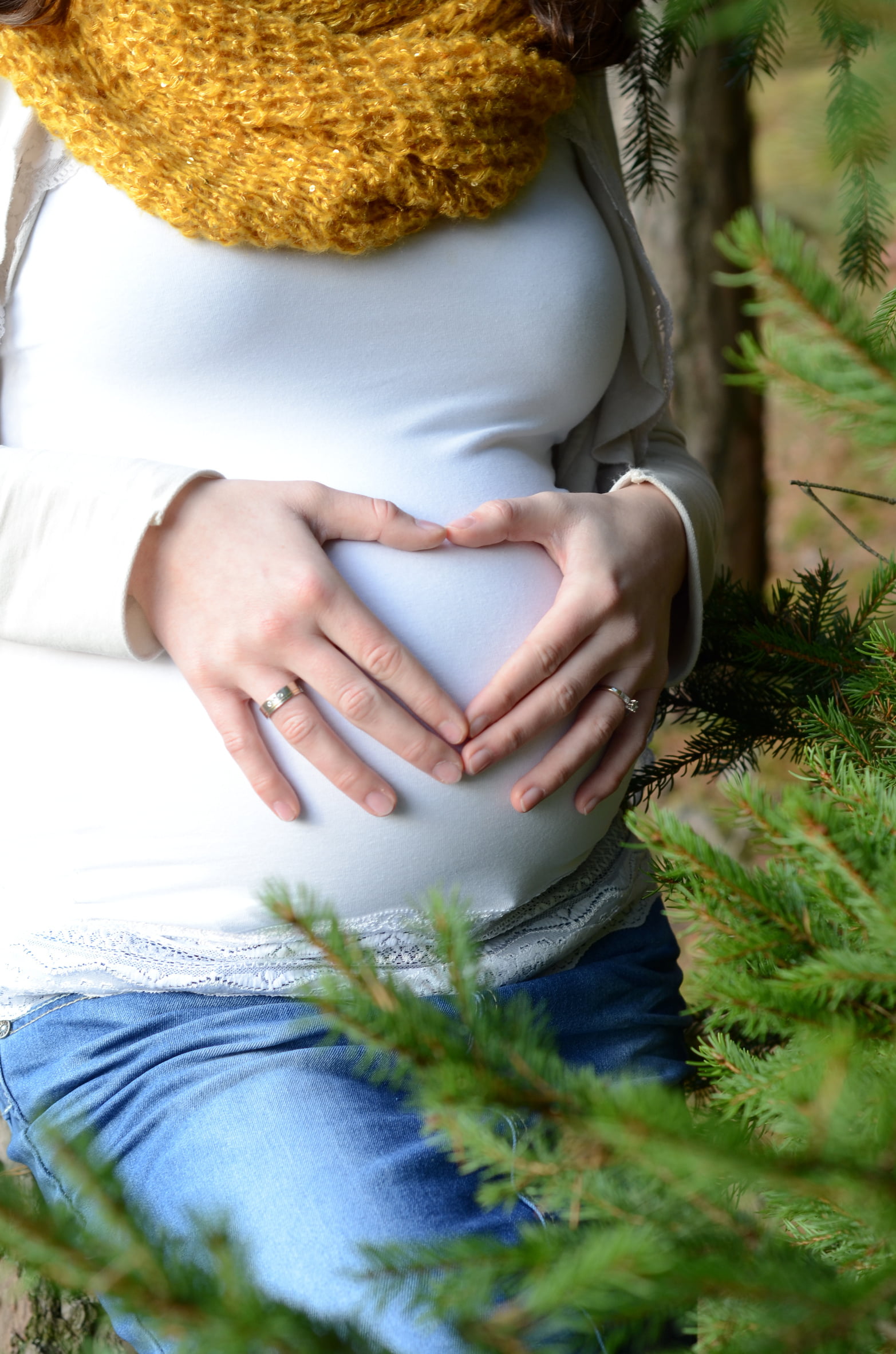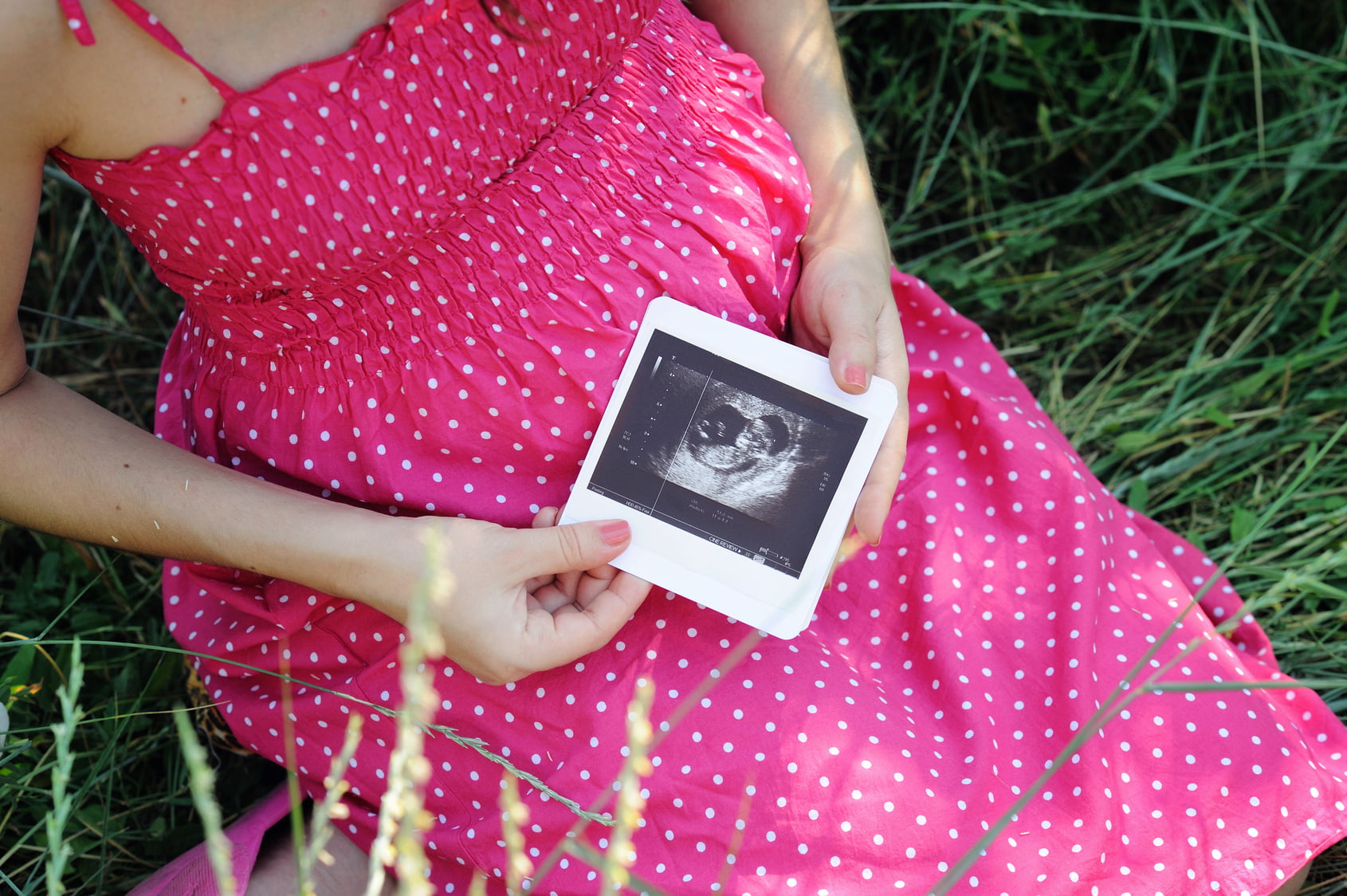Do you want to learn more about using donor eggs to begin, or continue, your family? Such a major life decision comes with many questions and, sometimes, those questions can be difficult to ask. Whether it’s out of anxiety or indecisiveness, it’s important to ask as many questions as you can. Having your questions answered by an egg bank network like California Cryobank’s Donor Egg Bank is a great way to guarantee your peace of mind. Keep reading to learn more about three questions which may be difficult to ask.
How will I know if the egg donor I selected leads a healthy lifestyle?
Prospective egg donor applicants are candidates before they become egg donors. An egg donor candidate must undergo thorough screening, including:
- Physical Examination
- Psychological Examination
- Drug Usage Screening
- Multi-Generational Health History Questionnaire
- Appropriate Cultures, Ultrasounds and Blood Tests
- Sexually Transmitted Disease Testing
- Expanded Genetic Testing
- Infectious Disease Testing
On top of several health examinations, each donor must also submit her aptitudes, work history, education, and personal statements. It can be overwhelming to select the ideal egg donor from a database of diverse donors, but this ensures egg recipients have the best opportunity to choose a donor who fits their family’s needs and desires. Knowing each egg donor was given a comprehensive assessment before approval may help ease your concerns about the health of the eggs you receive.
What happens to fertilised eggs (embryos) that aren’t used during my cycle?
Many couples plan how many children they want to complete their family. If you’re planning to use donor eggs, you may be wondering whether it’s possible to have genetically connected siblings in the future. The good news is it’s entirely possible if you plan ahead.
Because each IVF cycle uses 6 or more eggs which in turn should yield one or two embryos, it may be possible to have multiple children from the same egg donor by cryopreserving unused embryos. This is important for you to consider if you know you want more children. If you’re unsure of how many children you would like, cryopreserving the remaining embryos is worth considering in case your first IVF cycle is unsuccessful. Talking to a professional can help determine if storing unused embryos is the right choice for you and your partner.
Will I bond with a child that’s not genetically mine?
This may be one of the most difficult questions to ask. Remember that struggling to conceive naturally in no way implies you won’t make an amazing parent. The fact that you are asking this very question suggests your heart is full of hope for your child, no matter how he or she is conceived. While the egg used isn’t your own, carrying the baby in your womb for nine months offers an amazing opportunity to influence your baby’s development.
In fact, geneticists suggest children conceived with donor eggs begin to share not only environmental influences with their mothers, but also genetic characteristics such as facial expressions. So, it isn’t just the donor who contributes to the development of the child, but the mother who carries the child, as well.
If you’re wondering, just ask
There are no questions that should go unanswered when it comes to understanding the egg donor process. Parenting comes with a lot of emotions, and this journey toward parenthood is no different. The most important thing you can do for yourself and your partner as you embark on this path is to communicate all of your thoughts, fears, hopes, and ask every question you can, difficult or not.
There are always professionals who can answer any question you have, so take advantage of their expertise and objective perspectives.



